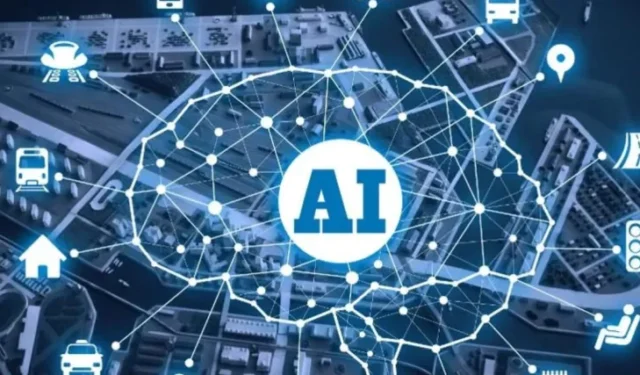Challenges in Enhancing Models Faced by Top AI Companies

Essential Insights
- The foremost AI firms, including OpenAI, Google, and Anthropic, are grappling with significant hurdles in their quest to enhance their latest artificial intelligence models, experiencing diminishing returns on their investments.
- OpenAI’s latest model, Orion, has not met expectations, especially regarding coding capabilities, while similar challenges are faced by Google’s Gemini and Anthropic’s Claude 3.5 Opus.
- Key challenges include a lack of quality training data, enormous computing expenses, and constraints on energy resources.
The leading players in the tech industry specializing in AI are encountering difficulties in their ambition to create more sophisticated artificial intelligence models. OpenAI, known for ChatGPT, has found its latest creation, Orion, to be below the anticipated standards. Particularly, it struggles with coding tasks, showing no substantial advancements compared to earlier versions, according to a report from Bloomberg.
Similar setbacks are reported at other major AI developers. Google’s forthcoming Gemini platform is not meeting internal targets, and Anthropic has delayed the launch of its Claude 3.5 Opus model. These issues have shaken the foundations of Silicon Valley, which had long presumed that boosting computing power and data input would guarantee improvement in AI systems.
The core issue arises from the limited availability of quality training data. Picture it as teaching a student with fewer and fewer textbooks – AI companies are running out of high-quality, human-generated content necessary for training their models. Experts suggest that by 2028, AI models may deplete the current training material, prompting companies to seek new innovative solutions.
In response to these challenges, companies are reevaluating their strategies. Instead of only focusing on larger models, they are now considering diverse methodologies. This includes improvements post-training, integrating human feedback, and devising AI applications targeted at specific tasks such as flight booking or email management. It resembles a shift from a generic strategy to a more customized, task-oriented approach.
The ramifications of these obstacles go beyond mere technical issues. The lofty valuations of AI enterprises have been built upon the expectation of ongoing rapid advancements. As the speed of progress decelerates, investors who have injected vast amounts of capital into these endeavors may begin to pose challenging questions regarding their investment returns.
Source: MacRumors


Leave a Reply